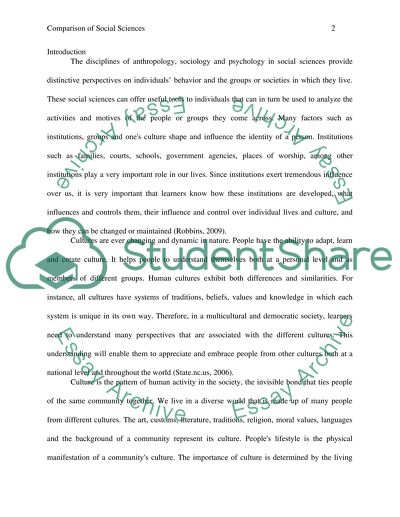Cite this document
(“Comparison of the Social Sciences Research Paper - 2”, n.d.)
Comparison of the Social Sciences Research Paper - 2. Retrieved from https://studentshare.org/sociology/1455540-comparison-of-the-social-sciences
Comparison of the Social Sciences Research Paper - 2. Retrieved from https://studentshare.org/sociology/1455540-comparison-of-the-social-sciences
(Comparison of the Social Sciences Research Paper - 2)
Comparison of the Social Sciences Research Paper - 2. https://studentshare.org/sociology/1455540-comparison-of-the-social-sciences.
Comparison of the Social Sciences Research Paper - 2. https://studentshare.org/sociology/1455540-comparison-of-the-social-sciences.
“Comparison of the Social Sciences Research Paper - 2”, n.d. https://studentshare.org/sociology/1455540-comparison-of-the-social-sciences.


